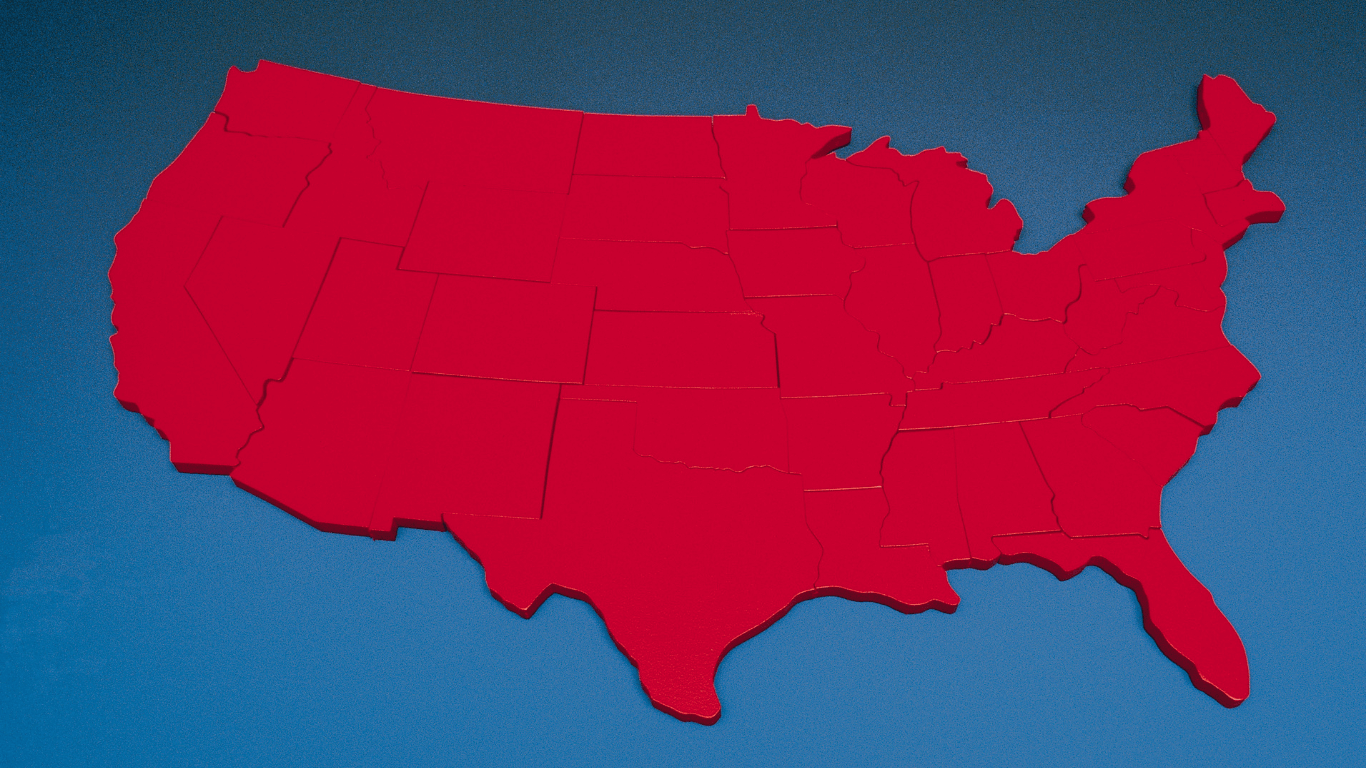Your credit score is taken into consideration whenever you apply for new credit, and it may also be considered when opening a new cell phone account, applying for a job, or getting a new insurance policy. With your credit score affecting so many aspects of your life, it’s important to know where you stand. How does your credit score stack up in your state?
Average Credit Scores in the U.S.
Experian reports that the average credit score in late 2020 was 711. It jumped 8 points from 2019 to 2020. The increase is related to a drop in late payments, decreasing debt, and decreased utilization of credit. Minnesota had an average score of 739, which was the highest of all the states. The following states all had average credit scores of 730 or higher in 2020:
- New Hampshire (730)
- North Dakota (730)
- South Dakota (731)
- Vermont (732)
- Washington (731)
- Wisconsin (732)
The state with the lowest average credit score was Mississippi with an average score of 675. States with an average credit score of 690 or lower in 2020 were:
- Alabama (687)
- Arkansas (690)
- Georgia (689)
- Louisiana (685)
- Oklahoma (690)
- South Carolina (690)
- Texas (688)
While some states have a lower average credit score than others, all 50 states had an increase in this number from 2019 to 2020. Across the country, members of the silent generation, which is age 75 and older, consistently have the highest credit scores with an average credit score in this age group in 2020 of 758.
What is a Good Credit Score?
No matter what scoring model is used, the higher your score is, the better. The most commonly used credit scoring model is FICO which is categorized as follows:
- Exceptional (800-850)
- Very Good (740-799)
- Good (670-739)
- Fair (580-669)
- Poor (300-579)
Each of the three credit bureaus may have a slightly different credit score, since each report may not contain exactly the same information. Lenders aren’t required to report to all three credit bureaus, so each of your open accounts may show on different credit reports.
Improving Your Credit Score
Since a higher credit score can empower you to borrow money at the lowest rates, it’s a good idea to do what you can to improve your credit score. The most important thing that affects your credit score is your payment history. Payments should always be made on time, and if you have any that are past due, get them caught up as soon as possible.
Another big factor in your credit score is your credit utilization. This is the percent of available credit that you’re using on revolving accounts. Whenever possible, keep this number below 30 percent.
Is Your Credit Report Accurate?
Make sure that the information shown on your credit report is accurate. Errors are surprisingly common, and if you find any errors, they should be disputed right away. Dovly is an AI credit engine that can help you track and fix your credit. Try it risk-free with our free membership tier. Contact Dovly today.



